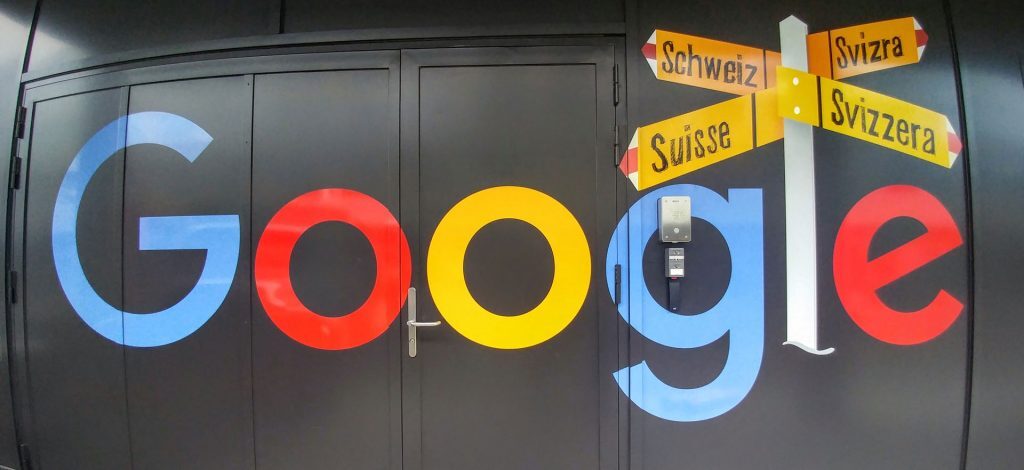The most famous page on the internet is about to lose its minimalist status. Google last week announced its famously blank main page – launched in 1996 – is going to give up its white space. Instead it will get a Facebook-like news feed, much like the mobile version which has been suggesting stories based on your search history. This functionality has been available for quite a while and tends to be pretty good.
The key difference between Twitter or Facebook’s curated waterfall of news is that Google will use an algorithm, instead of following actual people.
It is surprisingly big news, perhaps because Google’s minimalist page is such a throwback to a simpler time.
I remember the first time I saw Google’s home page. It just had a small search box and two buttons: “Google search” and “I’m feeling lucky”. It was a revelation.
Before that, the internet was quaint enough – perhaps small enough – to have manually constructed lists of the coolest places. That’s what Yahoo did. It’s alphabetically and thematically lists were a great example of the early, manual curation of the day.
Google’s page was simplicity personified. It immediately set itself apart from the nascent internet as it was. The idea of search, the concept that the internet was navigable enough to search was still in its infancy. Sites like Ask Jeeves or Alta Vista or any of the other early search operations would ultimately drown in Google’s superior technology.
Google was different because it was smart. It didn’t just scan the internet for results for the keywords you typed. It calculated how popular those results were – by checking how many other sites linked to that specific page. If it was good, the logic went, many other people would also think so – and have a link to it. It was democracy in action.
Hitting “I’m feeling lucky” seemed like such a thrill but it’s actually just the first results on the list.
Google would evolve into the behemoth we have today, but it all started with that blank white page. AdWords, its next great offering after search, and Gmail, would respectively become its financial growth engine and the defining example of the next generation of email, cloud-based webmail.
Google has had numerous industry-leading successes, from Google Maps and Earth to Google Docs, the best way to work collaboratively on the internet. Of course, arguably its two best acquisitions were YouTube (at the time for an eye-watering $1.5bn) and a little smartphone operating system called Android, now the biggest in the world. A lesser-known purchase was a photo-organising software called Picasa, that has evolved into the now indispensable Google Photos, by far the best photo-management app there is. And now with Drive, it’s a big player in cloud-based computing.
But Google has never mastered social media. It’s never had an answer to Facebook, or Twitter – despite numerous abortive attempts. The most recent social media attempt was Google Plus and before that Buzz. Even the breakthrough Wave never took off – and what is essentially what Slack does now with threaded conversations.
Something like a newsfeed based on your search interests does seem like a smart adaptation of Google’s existing strengths and current social media habits. Time will tell if it’s another success like Gmail or a flop like Google Plus.
This column first appeared in Financial Mail
